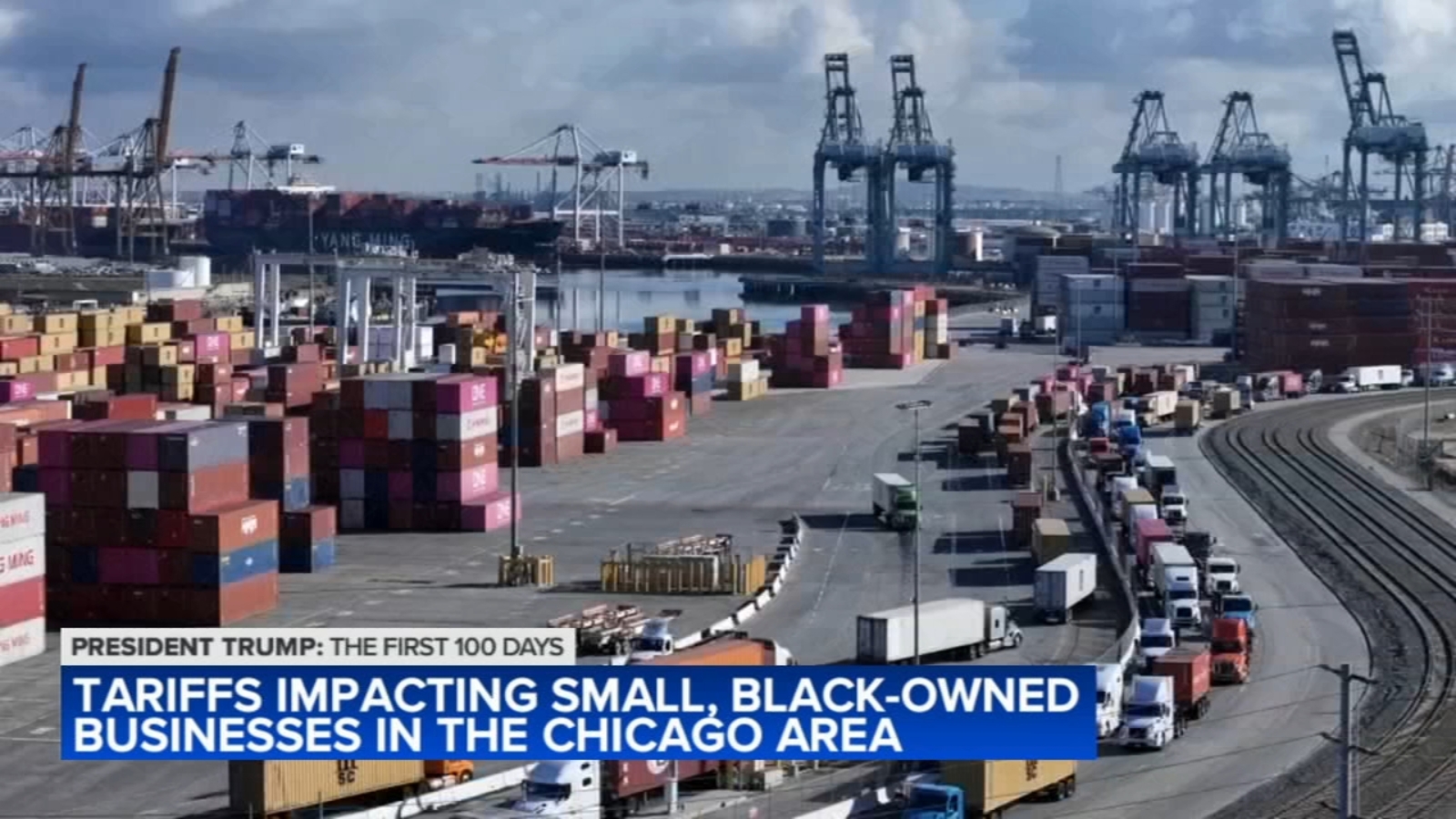Tariff Tsunami: How Small Black Businesses in Chicago Are Battling Economic Headwinds

Economic experts warn that proposed tariffs could disproportionately impact Black households and minority-owned small businesses, potentially widening existing economic disparities. These economic policies threaten to create additional financial strain in communities of color, where businesses are already facing significant challenges.
The potential economic burden could undermine years of progress in entrepreneurship and economic mobility for Black-owned enterprises. Small business owners in these communities may find themselves struggling to absorb increased costs, potentially leading to reduced profitability, limited growth, and in some cases, business closures.
Economists argue that the tariffs could create a ripple effect, increasing prices for essential goods and services while simultaneously reducing purchasing power in already economically vulnerable communities. This economic pressure could further exacerbate existing wealth gaps and economic inequalities.
The proposed tariffs represent more than just a financial challenge—they could significantly impact the economic resilience and future opportunities for Black entrepreneurs and families across the United States.
